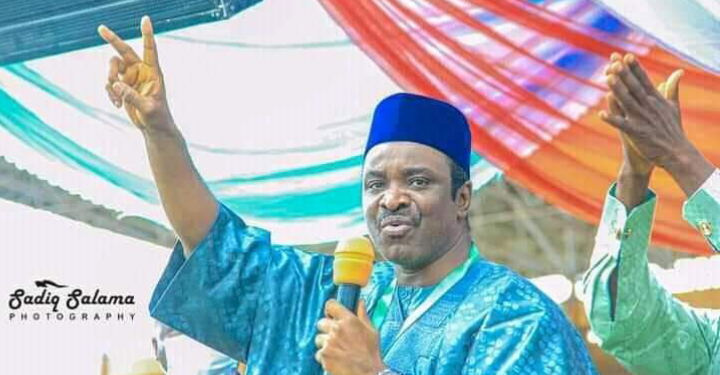The Federal government is taking into consideration the inclusion of electric vehicles in the projected mass transit system in the country in an effort to reduce the cost of transportation in Nigeria as a result of the loss of fuel subsidies.
Sen. Said Ahmed Alkali stated that the ministry would reinstate mass transit in Nigeria while speaking on Tuesday in Abuja while resuming his duties as the minister of transportation.
In order to restart the country’s mass transit and road transport operations, he stated, “I will assure a sustained collaboration with related ministries, agencies, and business groups.”
Alkali stated that the ministry’s priority would be on measures that will encourage decrease in the cost of transit for both passengers and freight given the country’s present increase in transport rates.
“In a similar vein, I’ll take on the provision, modernization, rehabilitation, planning, and development of the rail transport sector with effective security services to assist the realisation of the government’s principal goal, all while carefully examining current economic trends.
“There is little question that this project will make the most of the opportunities provided by the recent constitutional changes that moved rail transport services from the exclusive list to the concurrent list. Additionally, it will lessen the persistent threat on our roadways, which is characterised by collisions, kidnappings, and armed robberies.
The Minister stated that “the Ministry of Transport must assume a leading role in improving public transport to support the numerous policies that are geared towards providing democratic dividends that are accessible to average Nigerians through effective provision of public transport that is effective, secure, affordable, and convenient across the country.
“It is significant to note that, considering its key position as the country’s economic gateway, the Federal Ministry of Transportation is still one of the few Ministries that was founded and has persisted in existence from the colonial period to the present with little name change.
This may help to explain why the Ministry is reforming in response to new national economic problems that call for the Ministry’s assistance, he said.
Alkali also vowed that his administration would work to ensure the fulfilment of both the ministry’s and the agencies under its control’s mandates.
“This effort will help to harness the nation’s resources, promote national prosperity, and create a dynamic economy that is self-sufficient, which will actualize the “Renewed Hope” of the current administration’s development agenda of ensuring an effective transport system consistent with the socio-economic objectives of the Constitution.”

